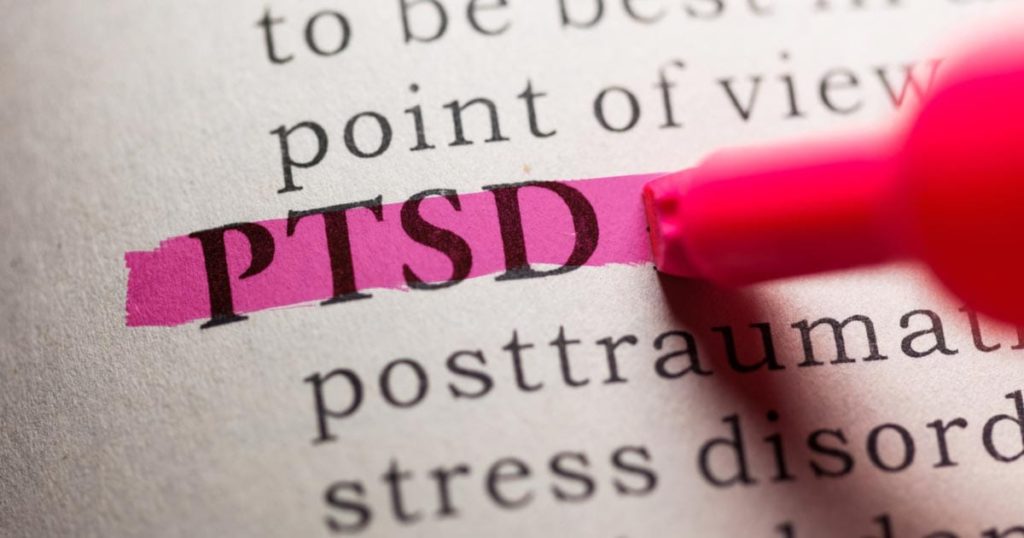Post-traumatic stress disorder (PTSD) is a brutal and debilitating illness that affects people who have experienced traumas of all types — from combat veterans, and rape survivors, to survivors of childhood sexual abuse and domestic violence. Overcoming the symptoms of PTSD (anxiety, flashbacks and re-experiencing, among others) is difficult enough, but the social stigma of the disorder makes seeking professional help and complying with therapy all the more difficult. In 2013, estimates of veterans experiencing PTSD reached 200,000. While public misperceptions regarding PTSD include assumptions that people struggling with these symptoms are violent, current statistics indicate that suicide is much more likely than violence. In 2013, the estimate was that 18 veterans committed suicide each day due to PTSD. The misconceptions that feed social stigma include:
- The myth of weakness. For those who believe that strength is key to survival, admitting to debilitating symptoms and needing help may feel like weakness.
- The myth of privacy. For people in domestic violence situations, seeking outside help or revealing that the violence is happening is seen as evidence of a bad marriage and thus a sign of failure. Further, for many people in these situations, the imperative to keep “family business” private is deeply ingrained.
Both of these myths fuel social stigma. And both of these myths could be addressed through educational campaigns, aimed at increasing awareness and understanding about PTSD and those who suffer from it.
Drop The D
One solution that has been suggested to reduce social stigma for those suffering from PTSD is to “drop the D” from PTSD. By removing the label of disorder from the name of the ailment, it is felt by some professionals, especially those providing treatment to military populations, that some of that social stigma would be removed. Suffering from post-traumatic stress sounds different from being diagnosed with a disorder. The goal of dropping the D would be to make it easier for those suffering to seek treatment. Changing public opinion and easing social stigma regarding any mental illness or medical condition is not easy, but possible through aggressive educational campaigns. In addition, exploring an ever-widening range of treatment options, including complementary and alternative modalities, can increase successful outcomes. Sources: https://www.huffingtonpost.com/robert-piper/veterans-ptsd_b_2736953.html https://militaryadvantage.military.com/2012/07/removing-the-stigma-of-ptsd/ https://www.medscape.com/viewarticle/761666

